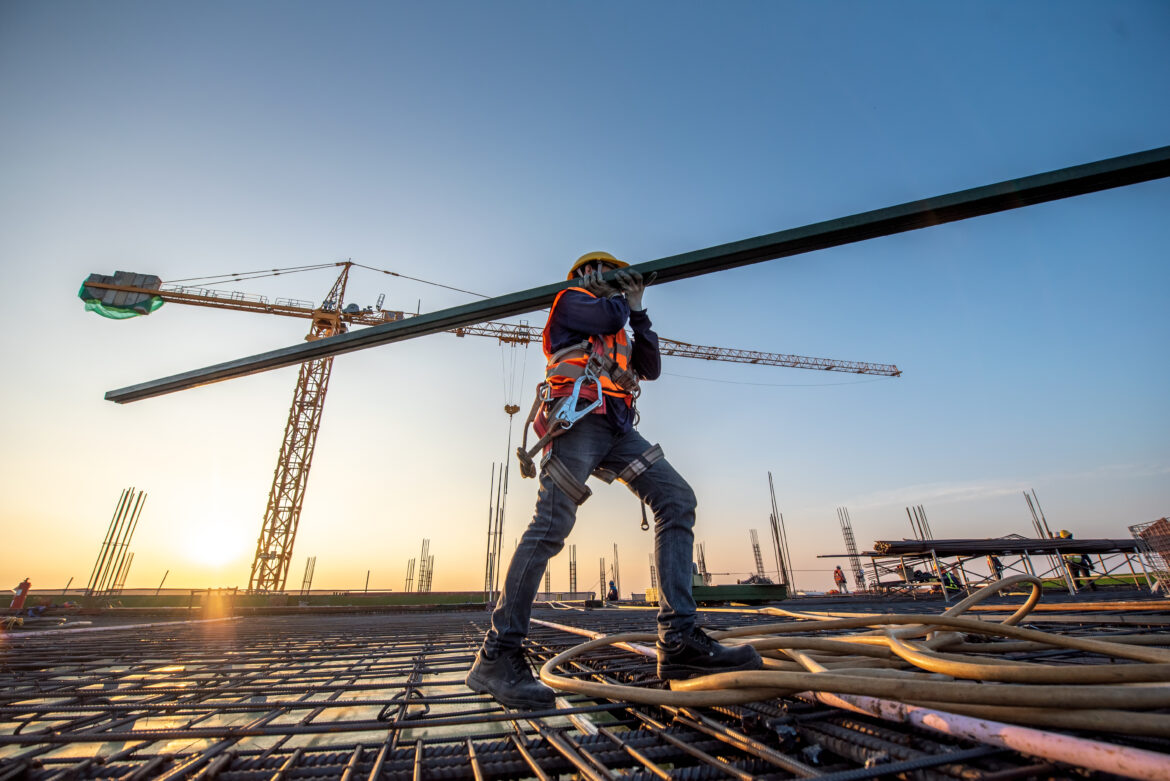Interview conducted by Mexico Business with Daniel Tovar Sánchez – Acerta Latin America General Director
Q: What makes your value proposition better than that of your competitors?
A: Our experience in the industry stretches over 20 years, with a 12-year presence in Mexico. Despite being a medium-sized company, our presence in countries across different continents has given us important insights into how to confront challenges. The word that best describes our approach is anticipation. We never approach a project in an improvised manner. This allows us to prevent problems or be ready to solve them. One important element in this strategy is good information management. Our preparation includes guides and documents that contain all the necessary information and processes for the entire construction project. The same goes for architectural design management, where we work based on a collaborative BIM-based approach, allowing any changes in building design to be shared immediately with all partners involved. This ensures we are time-efficient, cost-efficient and have fewer errors.
Q: What are your main achievements in Mexico?
A: We identified the country as the entrance to the rest of the continent. Since our arrival, we have been lucky to be part of some very prestigious projects. Mexico’s tourism sector saw a big boom over the past 10 years and we have collaborated in projects including Hyatt Andaz in Mayacoba, Hotel Secrets in Playa Mujeres, Barceló Grand Nuevo Vallarta in Nayarit, the Four Seasons in Tamarindo and the Mandarina Nayarit. These projects are not just flagship achievements in the country but world-class developments. Our activities in the residential property area have been focused on Queretaro, where we have been developing residences since 2010 in an exploding local market.
Q: What opportunities has the federal administration created in your sector?
A: We have not seen opportunities arising from this administration that are different from those that were there before. Mexico remains a country with a great deal of administrative inefficiency, demonstrated by current and past governments, which translates to a lack of projects in the tourism sector. It is true that some public initiatives have led to developments, particularly along the Cancun-Tulum corridor and in Zihuantanejo, Huatulco and Puerto Vallarta. However, development is almost fully, and successfully, driven by the private sector. One example is local airports, which have developed very well at tourist destinations around the country. Many public initiatives, on the contrary, remain on hold or stagnant. One example is a new airport for Mexico City, which is costing the tourism industry dearly.
One way to reduce administrative inefficiency is to build greater judicial certainty, particularly when it comes to the legal framework that supports concessions. The current government has a protectionist vision regarding Mexico’s resources. I do not believe this is positive because it makes it harder to believe in the government. Mexico is in a privileged position when it comes to tourism potential. In 10 years, the volume of tourists has almost doubled. With or without the government, I believe Mexico will become a Top 5 global destination.
Q: What are your goals and challenges in the area of residential developments?
A: We will keep focusing on the tourism sector, which will continue to grow no matter what. In the residential sector, we foresee more challenges. The middle class is not buying houses at the moment. We have been trying to develop a more economical product, closer to the C socioeconomic segment. This group is attractive because their government-approved credit can cover the costs of the house. With more expensive homes, buyers need access to traditional bank loans, which are more restricted and carry other risks during economic uncertainty. We will continue working in Queretaro, where we trust in the ability of the state and municipality to manage the region’s development.
We are also developing residential and tourism properties in Mexicali and Sonora. In terms of other sectors, we would like to participate in malls. We managed a mall project in San Luis Potosi and it was a complete success.
Q: What is your main short-term objective?
A: Our goal is to roughly double in size by the year 2022. In addition, we want to continue diversifying in other sectors and services. We have another area, which is interior design. We help offices and companies to remodel their spaces to suit their needs and boost work efficiency, sustainability and any other goal the client has. In this segment, we work with collaborators in Mexico and abroad.
Acerta provides customized solutions in property development, property management, project management and interior architecture. It has presence in France, Spain, Algeria and various countries in Latin America. In Mexico, its presence has been particularly strong in the tourism and residential sectors

